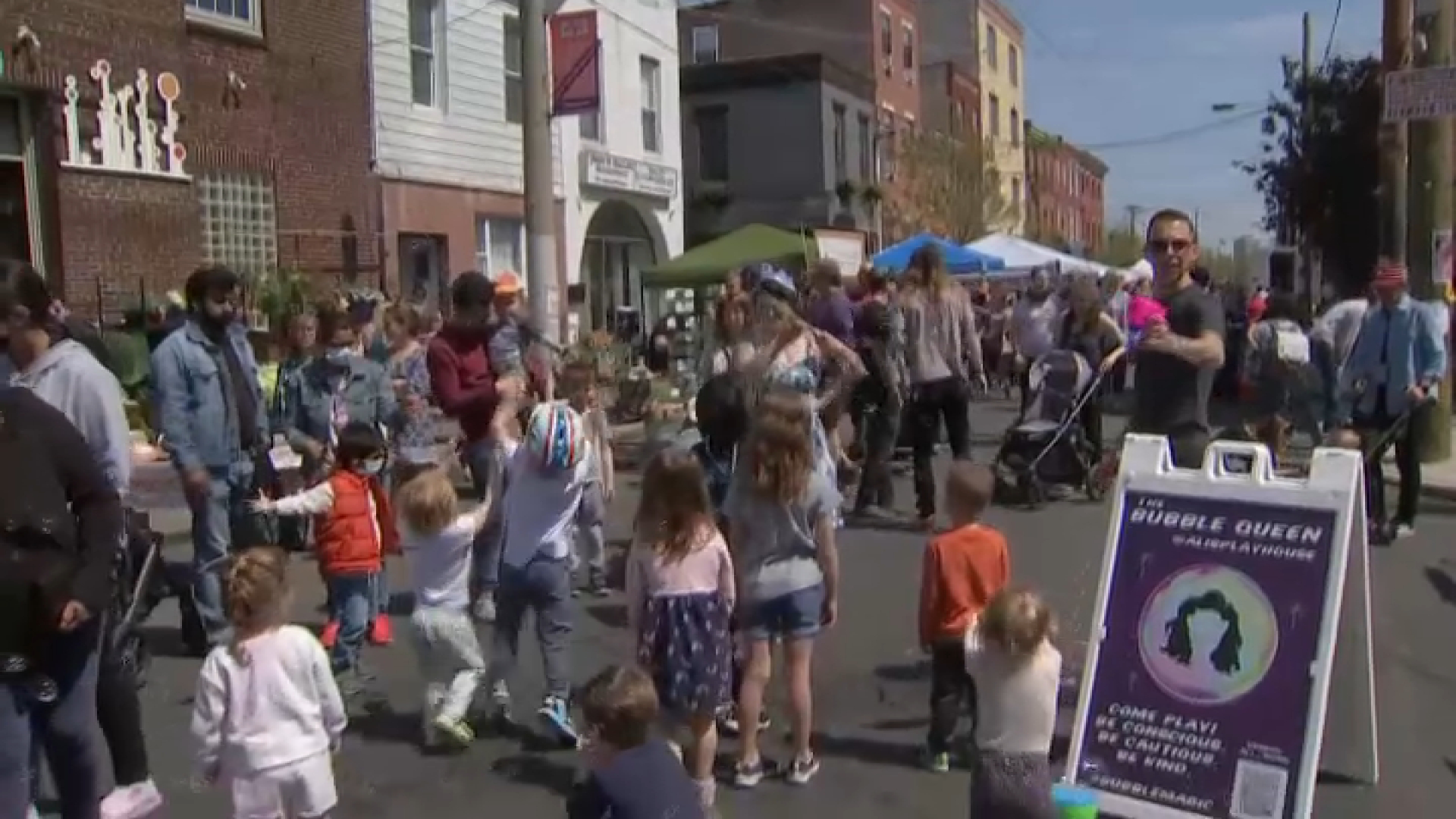A former Pennsylvania mayor who was acquitted of murder in the killing of a black woman during racial unrest in 1969 died early Thursday, about a month after being diagnosed with cancer.
Former York Mayor Charlie Robertson quit a re-election bid before his 2002 trial on charges that as a patrolman on the city force, he incited a group of young white toughs who subsequently ambushed a vehicle and shot to death Lillie Belle Allen.
Robertson, 83, died at a nursing home, said his adopted son, Chhayrong Chhum.
"He never talked about the trial at all," Chhum said in a phone interview. "He focused on living the rest of his life by spending time with us, especially with the grandkids."
Robertson was well into a second term when authorities in 2000 convened a grand jury to investigate Allen's shotgun killing, as well as the unsolved fatal shooting of a white man during the riots, York City Patrolman Henry Schaad.
A day after winning the Democratic primary for a third term, Robertson announced that prosecutors had informed him he would be charged with murder the next day.
"Murder is the charge. Murder is the charge," Robertson said. "I'm standing here in disbelief as to the charge, which they must prove. And to this, I maintain my innocence."
Local
Breaking news and the stories that matter to your neighborhood.
Allen, a 27-year-old seamstress and mother of two from Aiken, South Carolina, was in York to visit family and was headed to buy groceries with four relatives when they drove into an area controlled by a group known as the Newberry Street Boys gang.
Seven of the 10 white men charged with Allen's death pleaded guilty or no contest to lesser charges, but Robertson and two others went to trial. The other two were found guilty of second-degree murder and sentenced to prison time.
Robertson cried after the verdict was read.
"It's been two years," Robertson said at the time. "I'm a little tired and I'm going home."
He kept a low profile afterward, although friends knew they could usually find him eating an early bird dinner at a buffet restaurant in York.
John Brenner, a Democrat who succeeded Robertson, credited him for devoting much of his life to public service in his hometown. Robertson served on the school board and was active in coaching and refereeing youth sports.
"Whether you loved the guy or you didn't think much of him, one thing I think everybody across the spectrum would agree is that Charlie loved York," Brenner said.
Robertson had a "damn-the-torpedoes" approach to being mayor, said minor league baseball executive Eric Menzer, who served as a top Robertson aide.
"What I saw in working with him day-to-day was a guy who wore his heart on his sleeve for his city," Menzer said.
Racial conflict plagued York in 1968 and then exploded the following year, when more than 60 people were injured and entire city blocks burned down. The mayhem raged for 10 days before hundreds of National Guardsmen with tanks and state troopers were able to restore calm.
Prosecutors had argued Robertson gave ammunition to at least one of the gunmen to avenge Schaad's shooting three days earlier. A co-defendant who pleaded guilty in the case, Rick Knouse, testified Robertson gave him 30.06 rifle ammunition and told him to "kill as many" blacks as he could.
Robertson admitted to shouting "white power!" at a gang rally in a city park a day earlier, but denied other accusations. He was the first officer to arrive at the shooting scene, but neither he nor three other officers disarmed gang members, took witness statements or filed a report.
"Everyone knew who was involved," Robertson told Time magazine the year before his trial. "But everyone just thought it was even. One black had been killed and one white — even."
Two black men were convicted of second-degree murder in 2003 for Schaad's killing.



